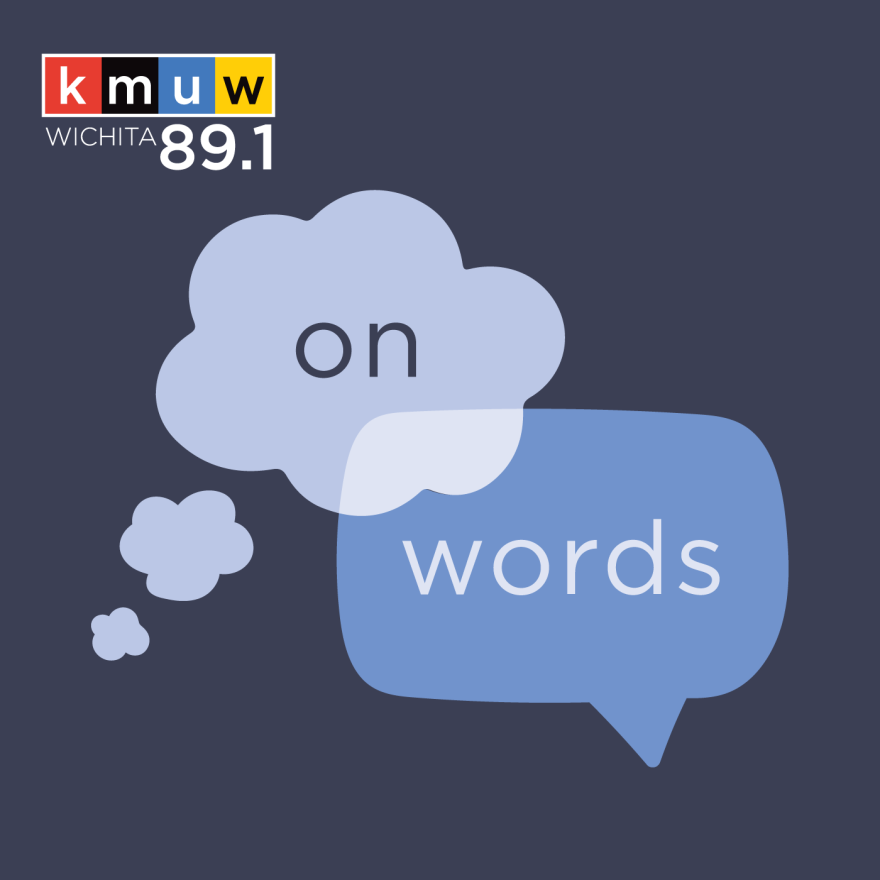As an English teacher, I warn students away from Wikipedia. Yet the way it builds meanings and information collectively, from users rather than only experts, mimics the way language itself builds meaning in the real world.
Among scholars, Wikipedia’s user-generated knowledge has no place: to know is to study, and there is a formal process for that.
Yet even seasoned academics go to Wikipedia first for basic definitions and background information. And studies have shown that Wikipedia’s accuracy often rivals or exceeds that of sources that rely on a single or handful of researchers or scholars.
So the problem with Wikipedia is not that it’s bad, but that it’s suspect: by opening the process of creating meaning to just anybody, those whose job it is to create meaning are rendered redundant; their expertise is devalued, their ability to act as a check on what we collectively know eroded.
Wikipedia also seems to reinforce an overall decline in trust in institutions—a decline we can track through polls back to Watergate, but that has origins in the American mistrust of authority and trust of self-reliance.
But humans have always created meaning collectively. Arguably, language itself is the collective curation and indication of meaning as it is built and shared among groups of people. Language is not merely what we are taught but what we contribute.
Wikipedia may not always reflect the way things are, but it does portray what things mean to us.


